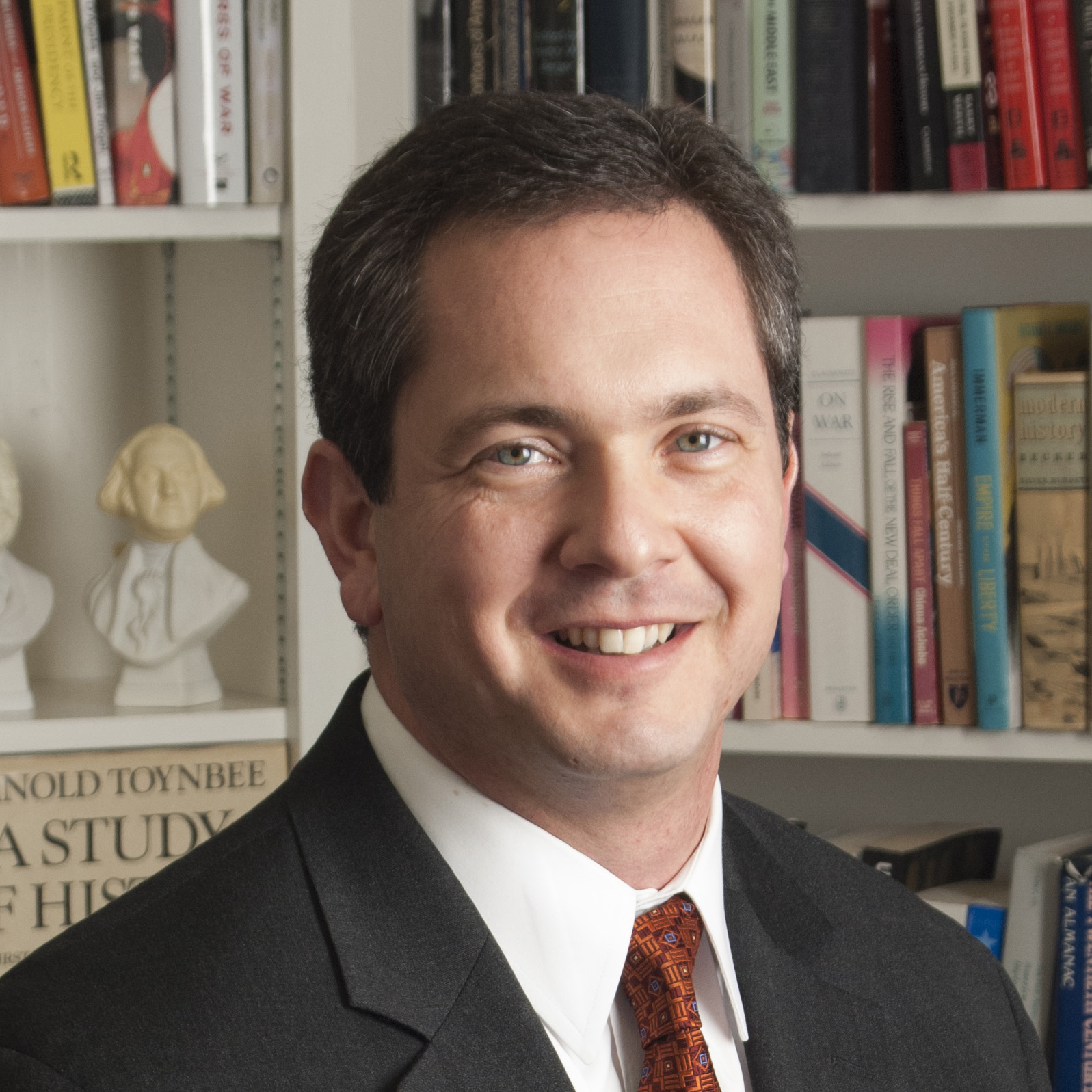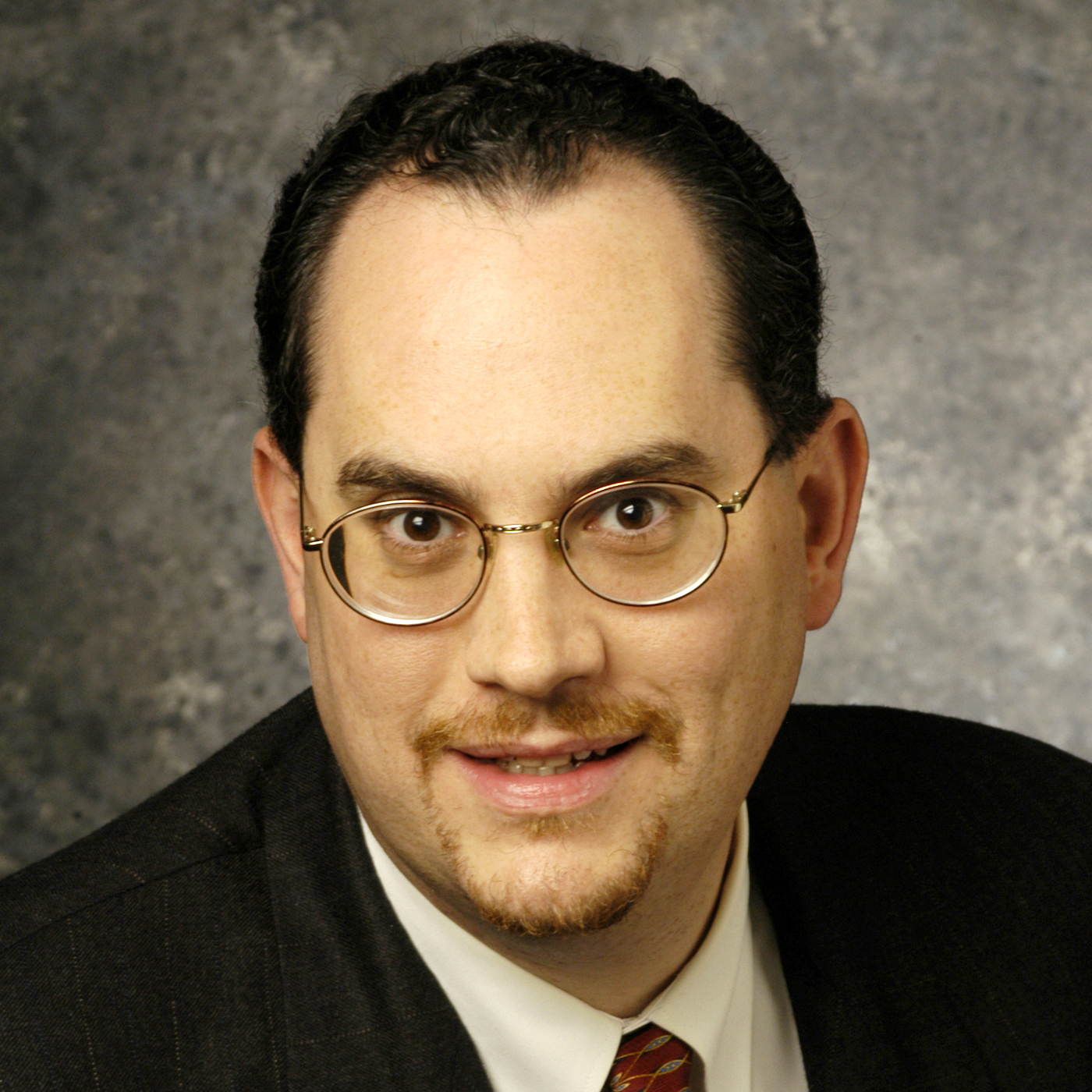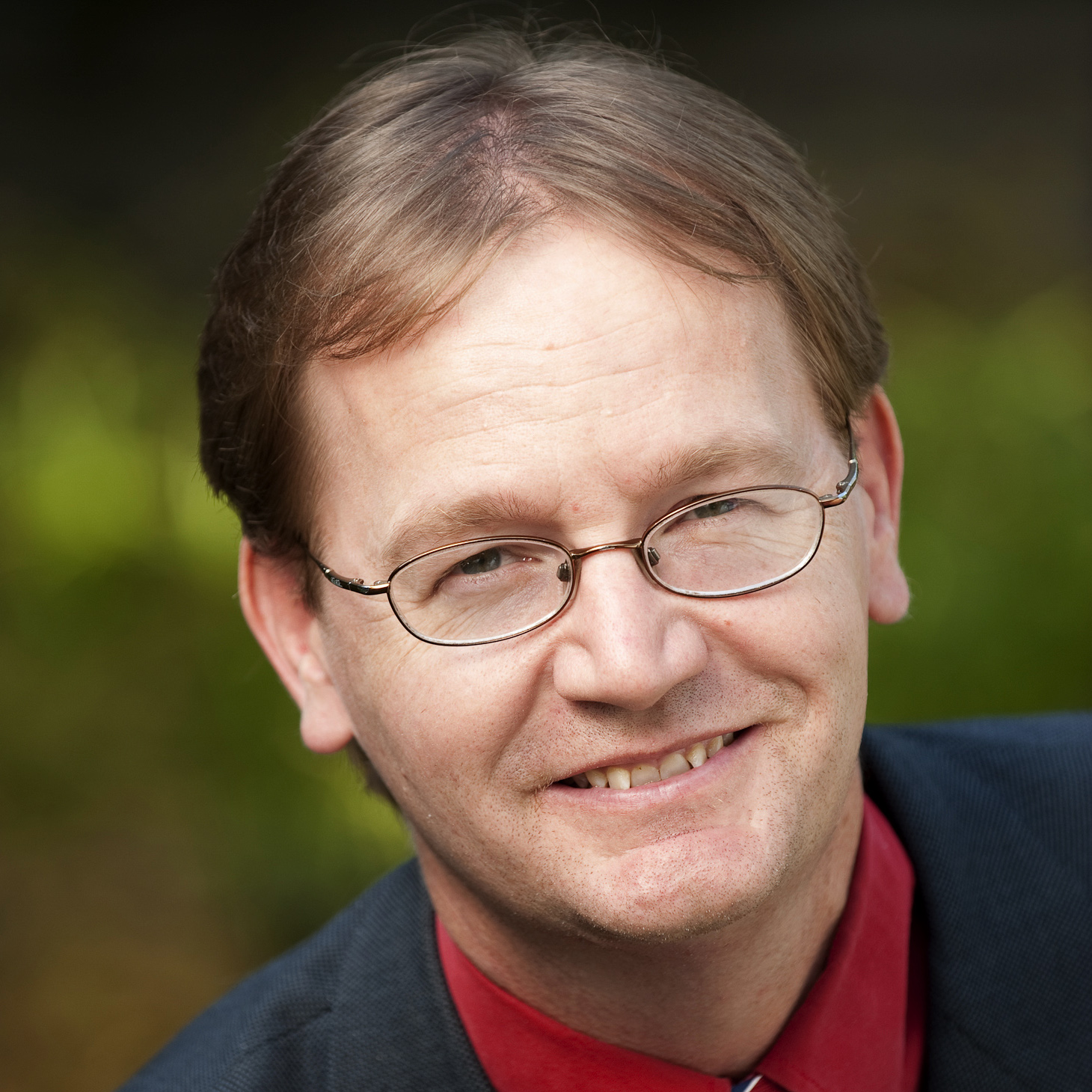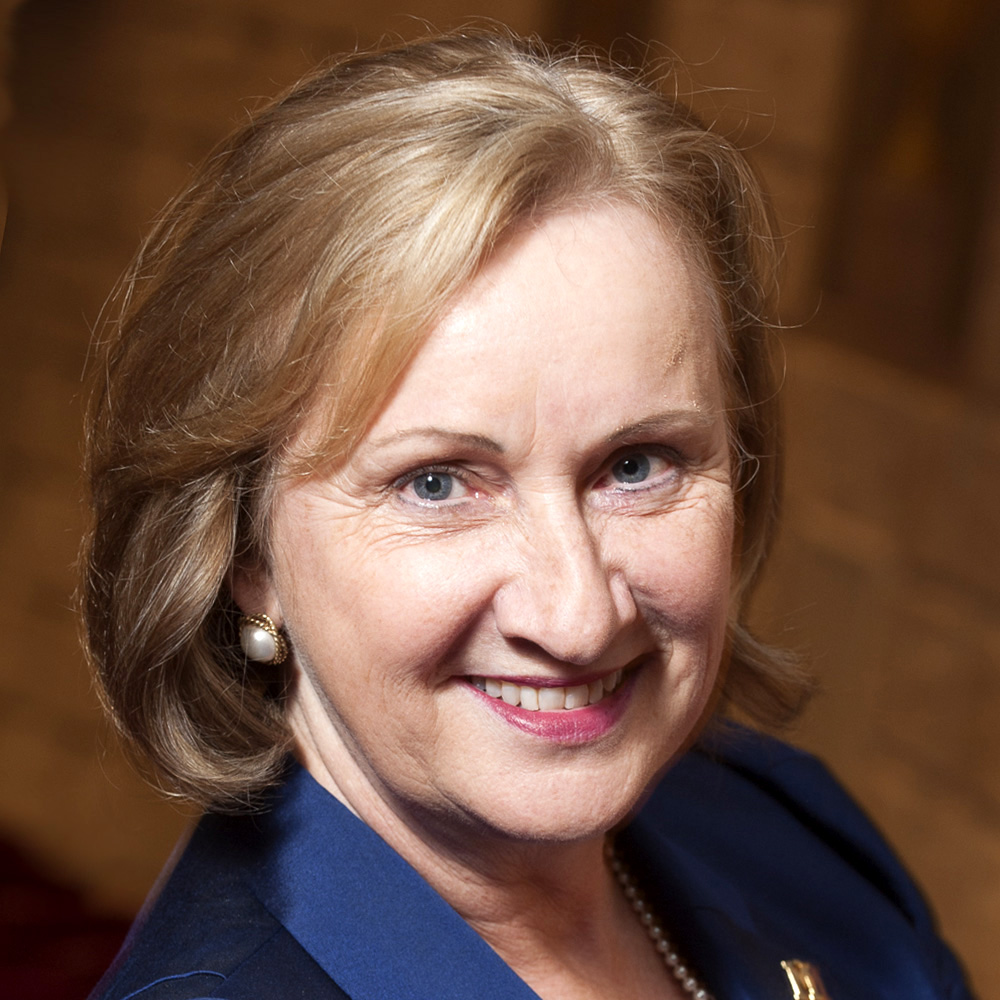Experts: After DNC’s rocky start, Sanders & Michelle Obama unity messages end day on high note
SMU experts weigh in on the first day of the Democratic National Convention and the current state of the presidential race.
DALLAS (SMU) – SMU experts weigh in on the first day of the Democratic National Convention and the current state of the presidential race. Additional convention experts
are available here.
| THE DEMOCRATS CAME TOGETHER ‘WHEN IT MATTERED MOST’ | |
|
“This is what an organized convention looks like. Yes there was rustling and grumbling from the delegates; these are Democrats after all, a party of interests rather than ideologues. But because they are a party of interests they ultimately came together when it mattered most in modern American politics, which was when the cameras were really rolling. “Trump’s recent convention featured speakers, from the first night, off-script, unscripted, and even employing speeches the American people had previously heard. Clinton’s by comparison was on point, on message, and with a driving theme that what unites the party is stronger than what divides it – and that the other party offered a vision that was one of real division beyond mere politics. In this sense it doesn’t matter what their message was. For having, and keeping, Engel, director of the SMU Center for Presidential History, can discuss:
|
|
| MICHELE OBAMA MAY WELL CONTEMPLATE A POLITICAL FUTURE WHILE SANDERS DID ‘WHAT MOST REPUBLICANS WANTED CRUZ TO DO’ |
|
|
MATTHEW WILSON:
“Bernie Sanders did what most Republicans wanted Cruz to do – give a tribute to his supporters, talk about his key themes, but in the end endorse his bitter rival because the alternative is just too bad to contemplate. The difference, though, is that Cruz is trying to position himself for the future, whereas for Sanders there is no ‘next time.’ He will be 78 years old in 2020. By falling in line, Sanders remains beloved by the Democratic base, whereas Cruz’s perceived failure to be a ‘team player’ seems to have backfired, at least for the time being.” Wilson, SMU associate professor of political science, can discuss:
|
|
| SANDERS FANS VENT ANGER BEHIND ‘IRONIC WALL,’ TRUMP INVITES THEM TO HIS SIDE & FIRST LADY PAINTS POSITIVE PICTURE OF AMERICA |
|
|
“Bernie Sanders supporters’ powerful resistance to Hillary Clinton appeared to surpass that of dissident delegates at the RNC. A three-hour protest along with direct shouting at Bernie Sanders by his followers when he urged them not to protest from the floor suggest there is significant anger about Hillary Clinton. The sharpest edges of that anger and resistance are fueled by WikiLeaks information that shows emails indicating much deeper plotting against Bernie Sanders by the DNC than originally expected. It’s not clear whether the resignation of Debbie Wasserman Shultz appeased Sanders delegates. The Clinton campaign decision to make Shultz an honorary chairwoman seemed a slap in the face of accountability for the grievances felt by Sanders delegates. “By having families of immigrants speak emotionally about the risks of deportation, the DNC focused rhetorical energy on the Hispanic community of America. But the ongoing DNC rhetoric against Trump’s famous wall was an ironic contrast to the wall surrounding the entire DNC Philadelphia site. At four miles long and eight feet high, it is designed to minimize the risk of large protest disruptions at the DNC. “It appears Trump is using Twitter to drive a wedge between Sanders supporters and Clinton. He bemoans the betrayal of Sanders supporters by the DNC and asks that they look to him for fair consideration of workers. Some Sanders supporters say they are considering this. “Michelle Obama’s speech earned a standing ovation – an impressive feat given the mood of chaotic anger that dominated the day. The first lady spoke in glowing terms about America and was a sharp rejoinder to her 2008 concerns that she was proud of her country for the first time. The speech offered a positive vision with only indirect negative implications about the DNC rival, Trump. “Sanders’ pleas for unity and support for Clinton do not seem to satisfy his followers thus far. It seems he has less ability to control his followers than the DNC had hoped.” Voth, SMU’s director of debate and an associate professor of corporate communications and public affairs, can discuss:
|
|
| CLINTON-SANDERS SUPERDELEGATES COMPROMISE HELPS TEMPER THE FLAME OF ‘FEEL THE BERN’ SUPPORTERS |
|
|
“After Sanders supporters were denied a petition to protest in Philadelphia – an event they anticipated would draw up to 40,000 supporters – it was expected that Bernie supporters would want their voices heard at the opening of the convention. While supporters were raucous at the beginning, they calmed down rather quickly after the report on the compromise between Sanders and Clinton, which resulted in reduction of superdelegates by two-thirds. Sanders supporters also received messages from him asking that they be considerate of the nominee.” Rita Kirk is SMU professor of communication studies and director of the Maguire Center for Ethics & Public Responsibility. Dr. Kirk is at the DNC with a team of SMU student interns, who will help conduct focus groups for CNN the evenings of July 27 & 28. She can discuss:
|
|
# # #
21800-nr-7/26/16-dg



